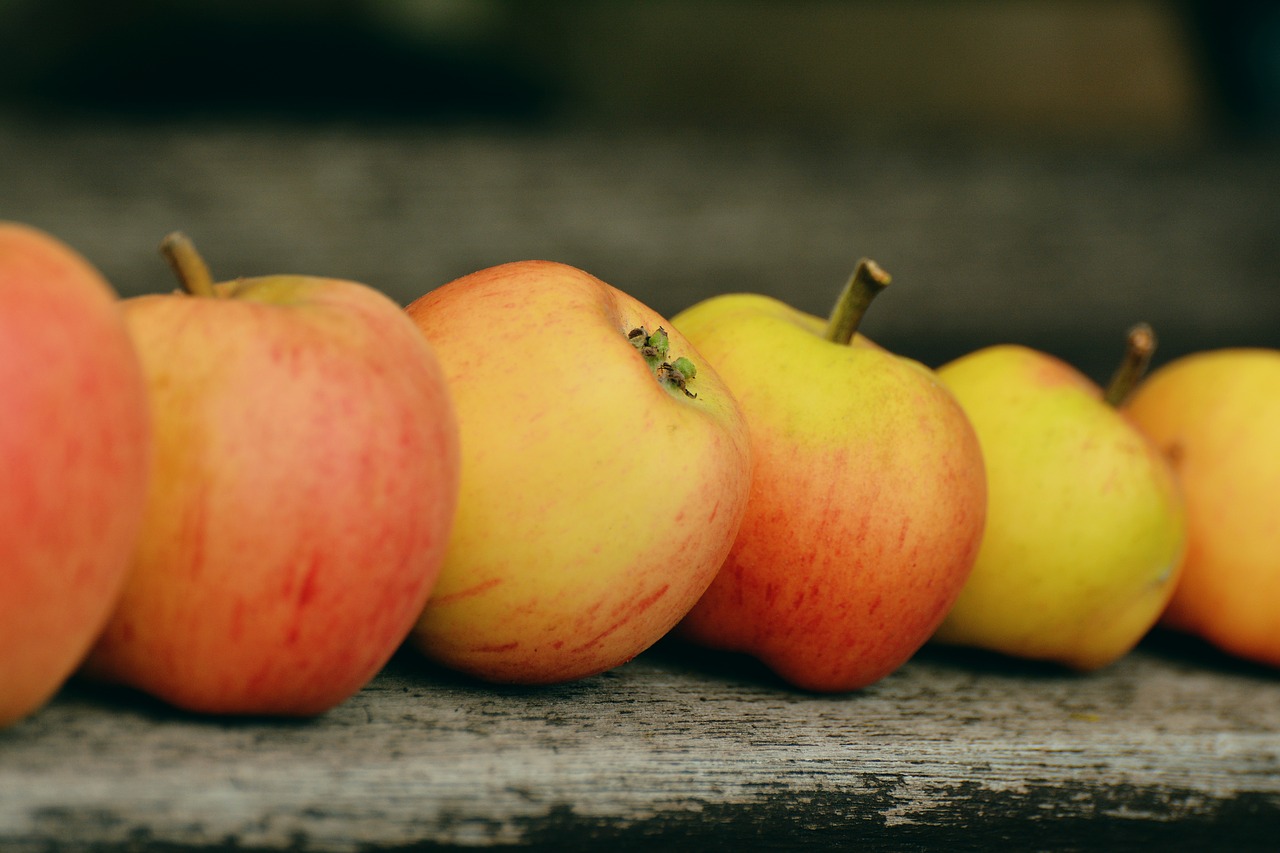
Herbal Decongestant Spray on Mask Can Protect from Suffocation
- News
- 1.5K
Health authorities have been strongly advocating the use of face masks to prevent corona infection. At the same time, wearing a mask for a long time is reportedly causing difficulties in breathing and congestion in the respiratory system. To address this issue, scientists at CSIR-National Botanical Research Institute (NBRI), have developed a herbal decongestant spray.
“The main reasons behind this problem include the accumulation of carbon dioxide and humidity in the inner cavity of the mask. When a person breathes in, this goes back to the lungs again. Repetition of this process over a period of time causes discomfort in breathing and congestion”, said Dr. Sharad Srivastava, Senior Principal Scientist, CSIR-NBRI, who led the team of researchers for this study.
“Herbal decongestant spray is a fine blend of four plant-based oils, but the names of these plants cannot be disclosed right now because of issues related to intellectual property. This product is developed based on the principles of Ayurveda and contains ingredients reported in traditional scriptures”, explained Dr. Srivastava.
This formulation helps in clearing the windpipe and congestion by removing the mucus or cough leading to ease of breathing. It also reduces stress due to excessive use of masks and decongestion. This spray has been prepared as per the guidelines of the Ministry of AYUSH.
Lucknow-based NBRI is a constituent laboratory of the Council of Scientific and Industrial Research (CSIR), which is mainly known for its botanical research work. The initial results of this NBRI’s herbal spray have been extremely impressive. People wearing masks for a long time are getting a lot of relief from this, say researchers.
The Institute plans to transfer the technology of this inhaler for commercial production so that it can be produced on a large scale and sent to the frontline worriers fighting against COVID-19 pandemic. (ISW)
If you liked this article, then please subscribe to our YouTube Channel for the latest Science & Tech news. You can also find us on Twitter & Facebook


